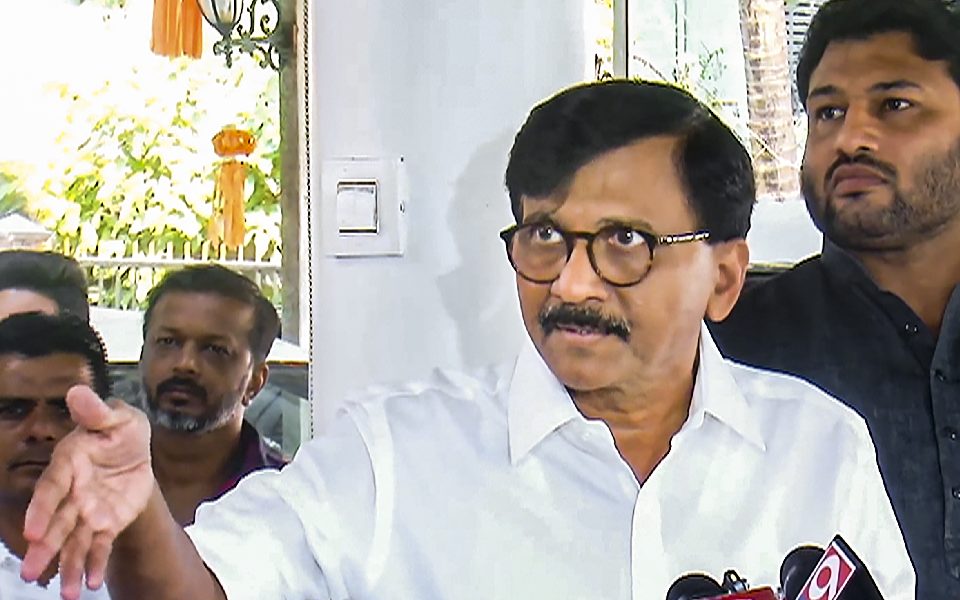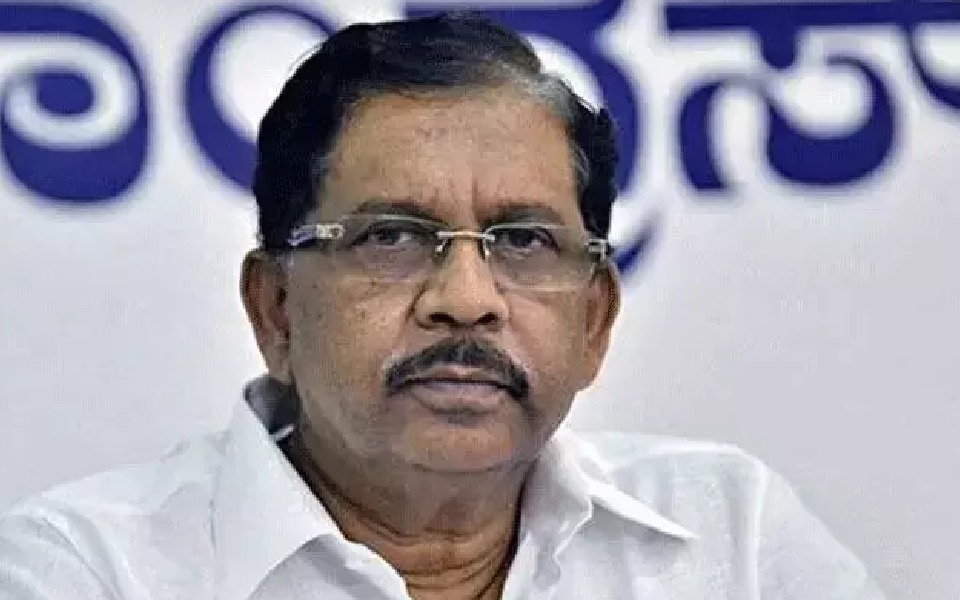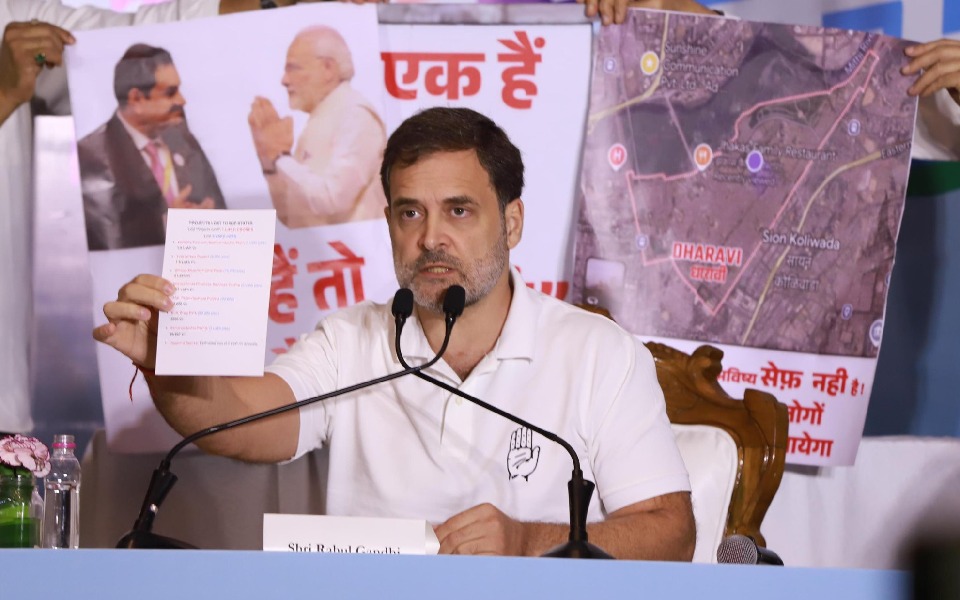Bengaluru: A recent inspection by the Food Safety and Standards Department revealed alarming levels of contamination in food items across Bengaluru, particularly in kebabs. The special drive, conducted in July, found that 78 out of 275 kebab samples tested—approximately 28%—were unsafe for consumption due to the presence of harmful artificial colors like sunset yellow and tartrazine.
During a press briefing on Wednesday, Health and Family Welfare Minister Dinesh Gundu Rao highlighted these findings, and stressed on the department's ongoing efforts to address food safety concerns. The inspection also revealed that 15% of gobi (cauliflower) samples contained unsafe artificial coloring agents, specifically sunset yellow and carmoisine.
Vegetables and fruits, while comparatively safer, were not entirely free from contamination. About 10% of the 266 samples tested showed high levels of pesticide traces and fungal growth. Minister Dinesh Gundu Rao assured the public that allegations about unsafe produce from Kolar were unfounded based on their tests. However, he noted that the department plans to collaborate with the agriculture department to study the effects of treated water on crops in the region.
The minister also mentioned that reports on the safety of other food items, such as paneer, khova, and cakes, which were collected in August, are expected soon. Additionally, food from several PG accommodations is under scrutiny following complaints.
In response to the findings, the department plans to release monthly reports on their activities, including sample analyses and past cases. The minister also announced an upcoming special inspection drive focusing on fish, meat, and egg preparations in hotels and restaurants, scheduled for August 30 and 31.
Minister Dinesh Gundu Rao stressed the importance of food vendors obtaining proper licenses, revealing that 32% of vendors currently operate without one. He urged the Commissioner of Food Safety to ensure full compliance and suggested that vendors be trained on the harmful effects of certain food preparation practices, especially the use of artificial colors.
To increase public involvement in food safety, the department has acquired 3,400 food testing kits that will be available in malls and on streets. These kits, available for a small user fee, will allow consumers to test food for chemical content and quality, providing both confidence to the public and valuable data to the department.
The July inspection drive led to the examination of 3,467 food vendors, with 986 receiving notices for inadequate sanitation. Fines totaling Rs 4.9 lakh were imposed on 132 vendors, and 96 legal cases were filed against defaulters in the JMFC court, marking the first time such a large volume of cases has been brought to court in a single month.
Let the Truth be known. If you read VB and like VB, please be a VB Supporter and Help us deliver the Truth to one and all.
Mumbai, Nov 25: Shiv Sena (UBT) MP Sanjay Raut on Monday demanded a re-election in Maharashtra using ballot papers, claiming there were irregularities with the electronic voting machines (EVMs).
Talking to reporters, Raut alleged several complaints about EVMs malfunctioning and questioned the integrity of the recently held elections.
The BJP-led Mahayuti won 230 out of 288 seats in the assembly elections, while the opposition Maha Vikas Aghadi managed 46 seats, with Shiv Sena (UBT) winning just 20 out of 95 seats it contested.
"We have received nearly 450 complaints regarding EVMs. Despite raising objections repeatedly, no action has been taken on these issues. How can we say these elections were conducted fairly? Hence, I demand that the results be set aside and elections be held again using ballot papers," Raut said.
Citing some instances, he said a candidate in Nashik reportedly received only four votes despite having 65 votes from his family, while in Dombivli, discrepancies were found in EVM tallies, and election officials refused to acknowledge the objections.
The Sena (UBT) leader also questioned the credibility of the landslide victories of some candidates, saying, "What revolutionary work have they done to receive more than 1.5 lakh votes? Even leaders who recently switched parties have become MLAs. This raises suspicions. For the first time, a senior leader like Sharad Pawar has expressed doubts about EVMs, which cannot be ignored."
Asked about the MVA's poor performance in the elections, Raut rejected the idea of blaming a single individual.
"We fought as a united MVA. Even a leader like Sharad Pawar, who commands immense respect in Maharashtra, faced defeat. This shows that we need to analyse the reasons behind the failure. One of the reasons is EVM irregularities and the misuse of the system, unconstitutional practices, and even judicial decisions left unresolved by Justice Chandrachud," he said.
Raut stressed that though internal differences might have existed within the MVA, the failure was collective.
He also accused the Mahayuti of conducting the elections in an unfair manner.
"I cannot call the elections fair given the numerous reports of discrepancies in EVMs, mismatched numbers, and vote irregularities across the state," Raut said.





